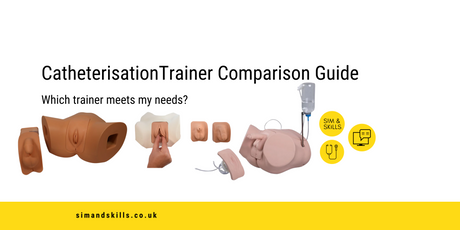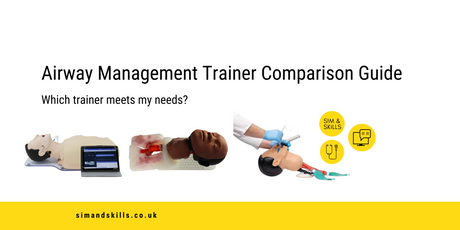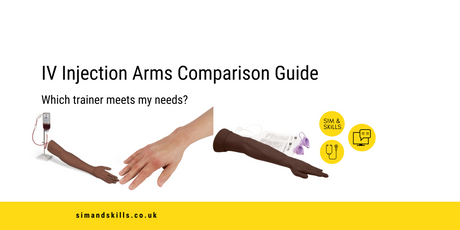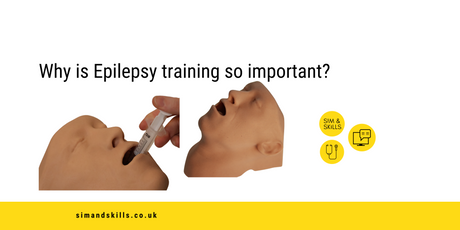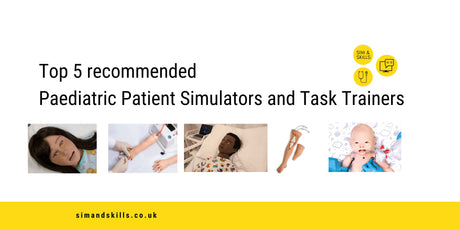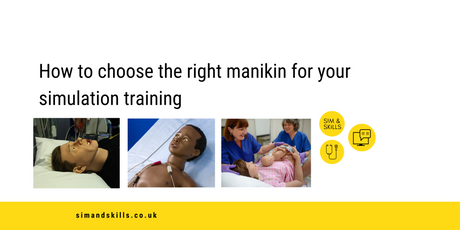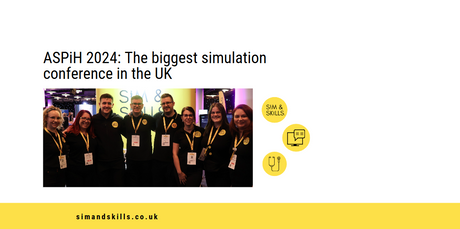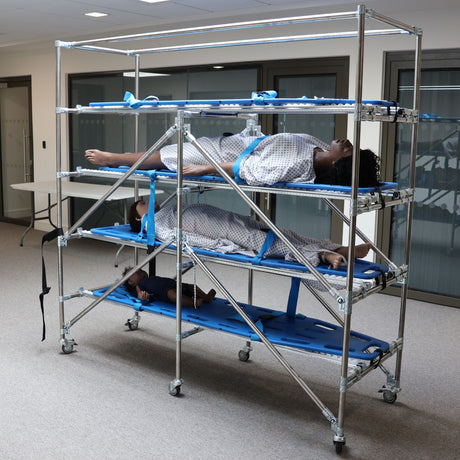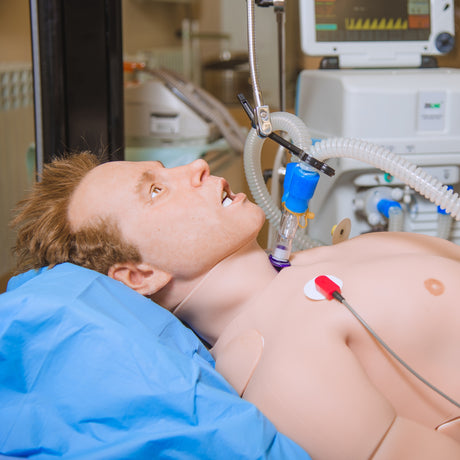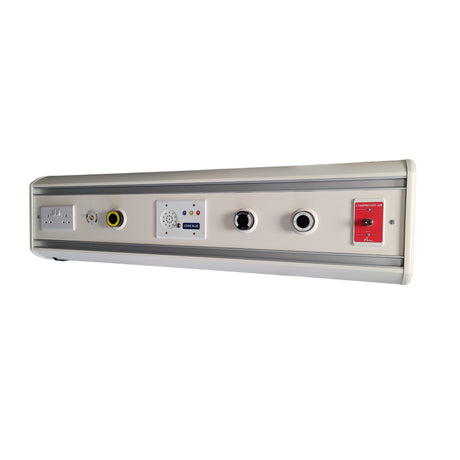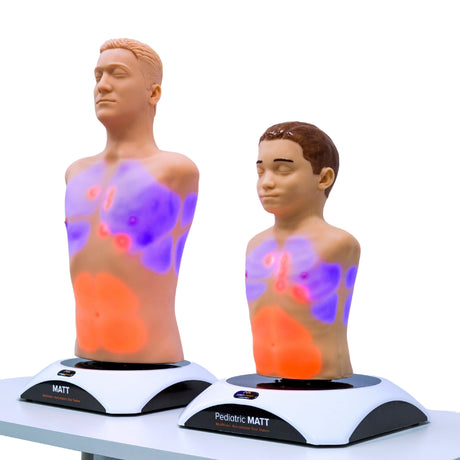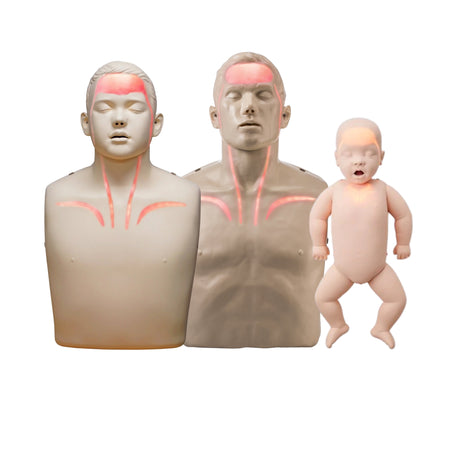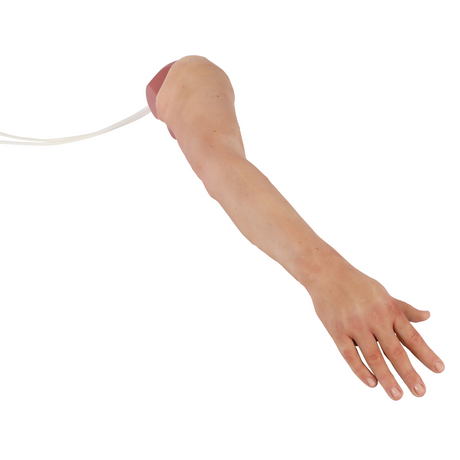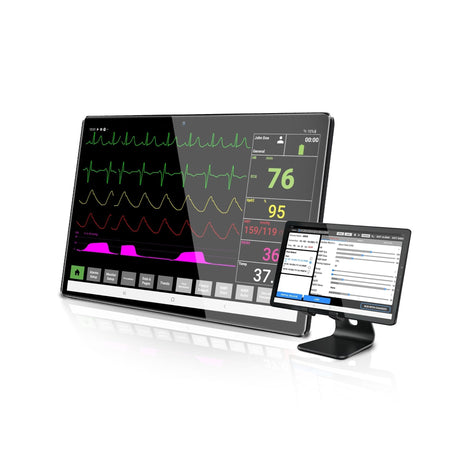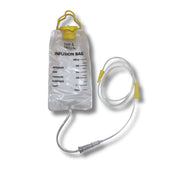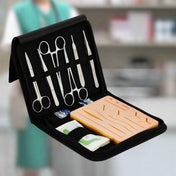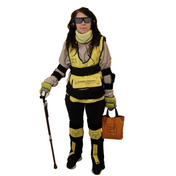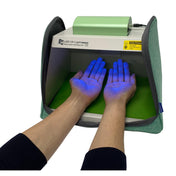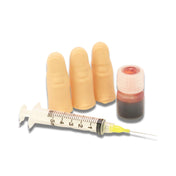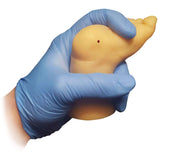World Patient Safety Day, organised by the World Health Organisation, focuses on enhancing patient safety and reducing patient harm.
This year the focus is on engaging patients, families and caregivers, highlighting the importance of including patients as partners in their care. The WHO’s Global Patient Safety Action Plan states,
Patient engagement and empowerment is perhaps the most powerful tool to improve patient safety. Patients, families and other informal caregivers bring insights from their experiences of care that cannot be substituted or replicated by clinicians, managers or researchers. [1]
How does Healthcare Simulation increase patient safety?
Healthcare simulation plays a vital role in enhancing patient safety by providing a safe, controlled, and effective way for healthcare professionals to learn, practise, and improve their skills, collaborate effectively in teams, and prepare for a wide range of clinical scenarios.
Why is it important to include the Patient's voice in Healthcare Simulation?
Listening to the patient's voice in healthcare simulation is an essential aspect of providing realistic and effective training for healthcare professionals. Including the patient's perspective in simulation scenarios can enhance the educational experience and contribute to better patient-centered care:
Patient-Centered Care: a fundamental principle in healthcare. By incorporating the patient's voice in simulation, healthcare professionals can learn to prioritise and respond to these aspects of care, promoting better patient outcomes.
Realistic Communication: Effective communication between healthcare providers and patients is crucial for diagnosis, treatment, and emotional support. The use of Standardised Patients in scenarios can allow healthcare professionals to practise and refine their communication skills in a realistic context. Software solutions like PCS Spark use AI patients who respond to trainee questions. This software increases the opportunities to practise communication skills.

Empathy and Compassion: Simulations that involve patient perspectives can help healthcare providers develop empathy and compassion. Understanding the patient's emotions, concerns, and anxieties can lead to more compassionate care and a deeper connection between providers and patients.
Cultural Competence: Patients come from diverse backgrounds, and their cultural beliefs and values can impact their healthcare experiences. Simulations involving patients from various cultural backgrounds can help healthcare providers become more sensitive to these differences.
Informed Decision-Making: In some scenarios, patients may have preferences or make decisions that healthcare providers must respect and address. Simulating scenarios where patient autonomy and decision-making are central can help healthcare professionals navigate these situations effectively.
Quality Improvement: Gathering feedback from patients or standardized patients who participate in simulations can help identify areas for improvement in healthcare delivery. This feedback can be used to refine simulation scenarios and training programmes, ultimately enhancing patient care. This can be further developed by utilising AV debriefing software such as SIMStation Essential. A powerful tool that can be used to watch back scenarios and reflect on the interactions clinicians have with patients.

In a study developed by the Centre for Engagement and Simulation Science, Imperial College London, researchers actively used patients to help develop scenarios and sought their feedback - creating a collaborative space for clinicians and patients to work together in simulation.
The study gave clinicians valuable insights into the patient experience and raised issues they had not previously considered, 'expressing personal experience through a simulation witnessed by others allows different perspectives to become visible' [2].
Although further research is needed, the study concluded that patient viewpoints need to be viewed with equal validity. Simulation provides a safe space, ‘in which issues such as communication, trust and empathy could be explored’. [3]
- WHO, Global Patient Safety Action Plan 2021-2030, 3 August 2021.
- Kneebone, R., Weldon, SM. & Bello, F. Engaging patients and clinicians through simulation: rebalancing the dynamics of care. Adv Simul 1, 19 (2016). https://doi.org/10.1186/s41077-016-0019-9
- Kneebone, R., Weldon, SM. & Bello, F. Engaging patients and clinicians through simulation: rebalancing the dynamics of care. Adv Simul 1, 19 (2016). https://doi.org/10.1186/s41077-016-0019-9


